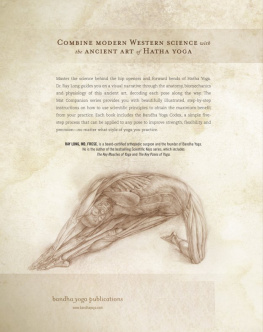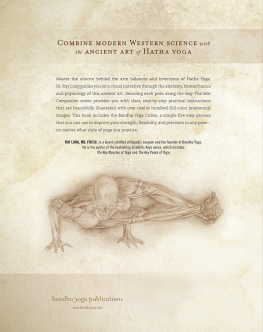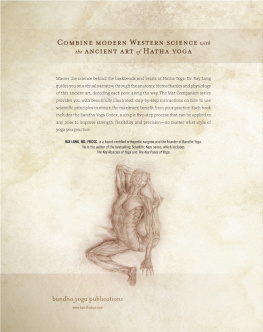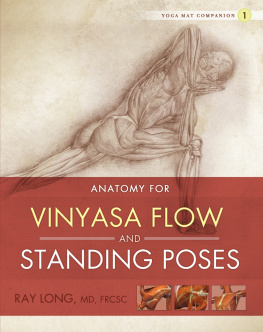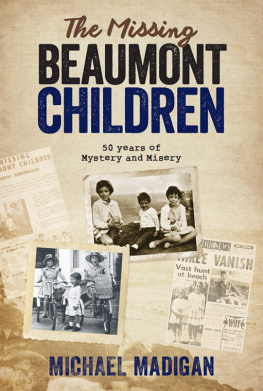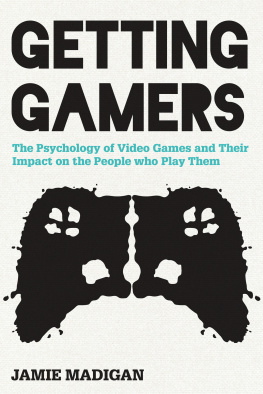Ray Long - The House That Madigan Built: The Record Run of Illinois Velvet Hammer
Here you can read online Ray Long - The House That Madigan Built: The Record Run of Illinois Velvet Hammer full text of the book (entire story) in english for free. Download pdf and epub, get meaning, cover and reviews about this ebook. year: 2022, publisher: University of Illinois Press, genre: Politics. Description of the work, (preface) as well as reviews are available. Best literature library LitArk.com created for fans of good reading and offers a wide selection of genres:
Romance novel
Science fiction
Adventure
Detective
Science
History
Home and family
Prose
Art
Politics
Computer
Non-fiction
Religion
Business
Children
Humor
Choose a favorite category and find really read worthwhile books. Enjoy immersion in the world of imagination, feel the emotions of the characters or learn something new for yourself, make an fascinating discovery.
The House That Madigan Built: The Record Run of Illinois Velvet Hammer: summary, description and annotation
We offer to read an annotation, description, summary or preface (depends on what the author of the book "The House That Madigan Built: The Record Run of Illinois Velvet Hammer" wrote himself). If you haven't found the necessary information about the book — write in the comments, we will try to find it.
Veteran reporter Ray Long draws on four decades of observing state government to provide the definitive political analysis of Michael Madigan. Secretive, intimidating, shrewd, power-hungryMadigan mesmerized his admirers and often left his opponents too beaten down to oppose him. Long vividly recreates the battles that defined the Madigan era, from stunning James Thompson with a lightning-strike tax increase, to pressing for a pension overhaul that ultimately failed in the courts, to steering the House toward the Rod Blagojevich impeachment. Long also shines a light on the machinery that kept the Speaker in power. Head of a patronage army, Madigan ruthlessly used his influence and fundraising prowess to reward loyalists and aid his daughters electoral fortunes. At the same time, he reshaped bills to guarantee he and his Democratic troops shared in the partisan spoils of his legislative victories. Yet Madigans position as the states seemingly invulnerable power broker could not survive scandals among his close associates and the widespread belief that his time as Speaker had finally reached its end.
Unsparing and authoritative, The House That Madigan Built is the page-turning account of one the most powerful politicians in Illinois history.
|Foreword Charles N. Wheeler III ix
Preface xvii
Introduction: The Long Reign 1
PART I: THE LEGEND
1 Remap Victory 15
2 White Sox Miracle 29
3 Operation Cobra 41
PART II: POWER PLAYS AND POLITICAL FLOPS
4 Historic Impeachment 55
5 Partisan Math 73
6 The Art of Persuasion 84
7 Pension Failure 97
PART III: A CAREER POLITICAL LEADER
8 A Patronage Army 121
9 Madigan and Madigan 136
10 The Politics of Money 147
PART IV: CRACKS IN THE SYSTEM
11 Turning Point 163
12 Ups and Downs 180
13 Shams? 188
14 Martys Campaign 202
PART V: THE FALL
15 Himself 213
16 Public Official A 220
Epilogue 231
Acknowledgments 239
Notes 243
Index 275
Photographs follow page 111
|Longs account of Madigans legacy is a study of the practical application of power. Garin Cycholl, Chicago Review of Books
An amazingly timely book that puts into perspective the historic events of last week the federal indictment of the most powerful figure in Illinois politics. Shia Kapos, Politico
Its safe to say that no American political figure in modern times has amassed as much powerand clung to itfor as long as Speaker Michael Madigan. Ray Long masterfully chronicles this extraordinary half-century of Illinois politics, diving deep to explain how Madigan survived and thrived in Chicago and Springfield. Like so many Illinois pols before him, the Speakers reign ended in humiliation, but not before the ride of a lifetime. The House that Madigan Built is a page-turning read, where Long shines a new light on a time gone by in American politics.Jeff Zeleny, CNN chief national affairs correspondent and former Chicago Tribune reporter
|Ray Long is a Chicago Tribune investigative reporter and a two-time finalist for the Pulitzer Prize. He has covered Michael Madigan and Illinois politics for more than forty years as a journalist writing for the Chicago...
Ray Long: author's other books
Who wrote The House That Madigan Built: The Record Run of Illinois Velvet Hammer? Find out the surname, the name of the author of the book and a list of all author's works by series.


